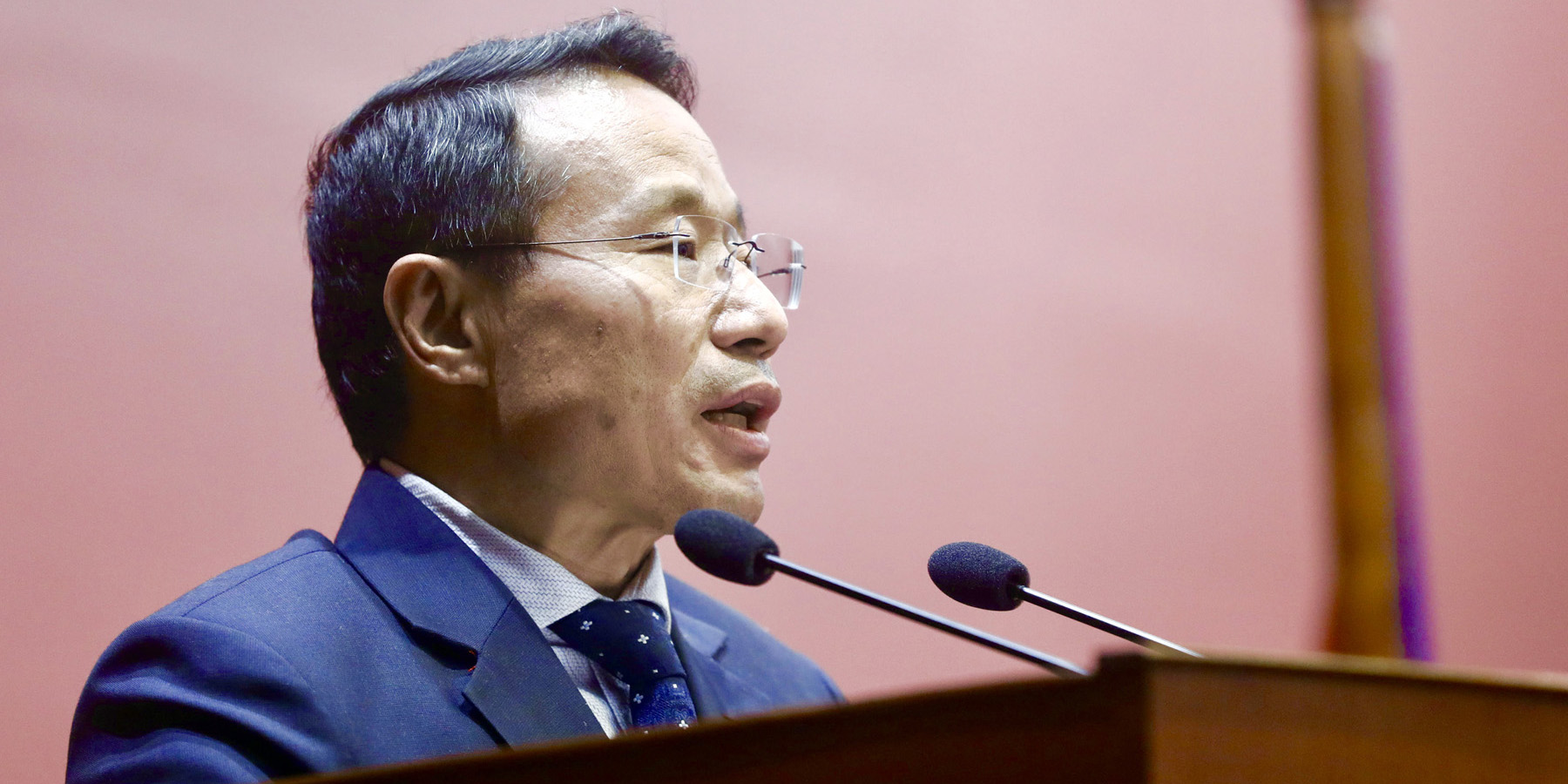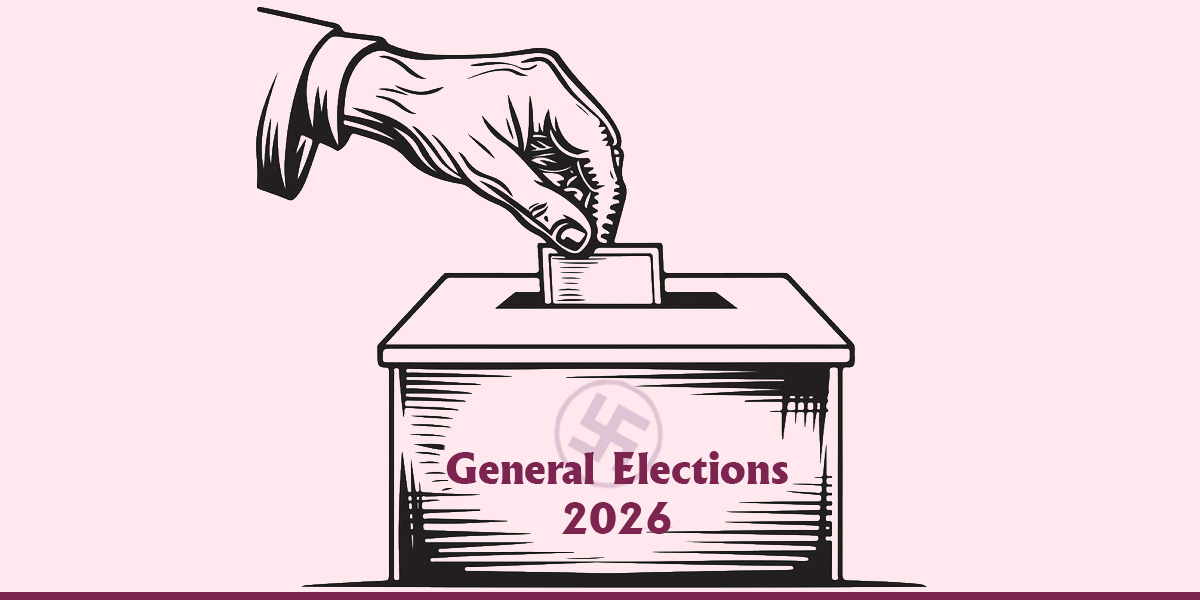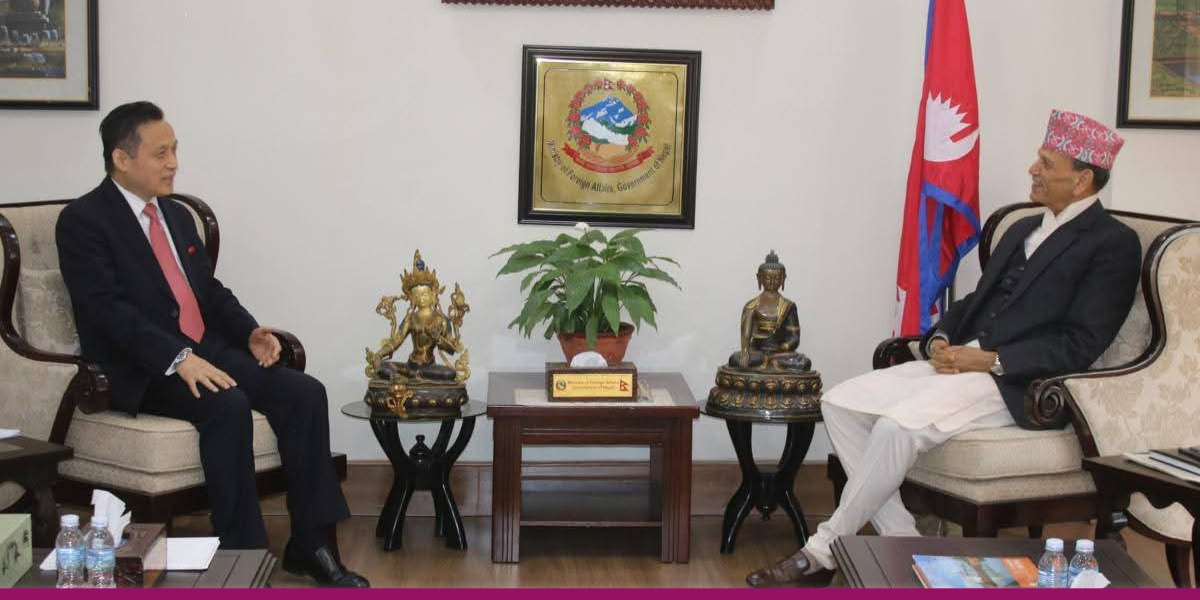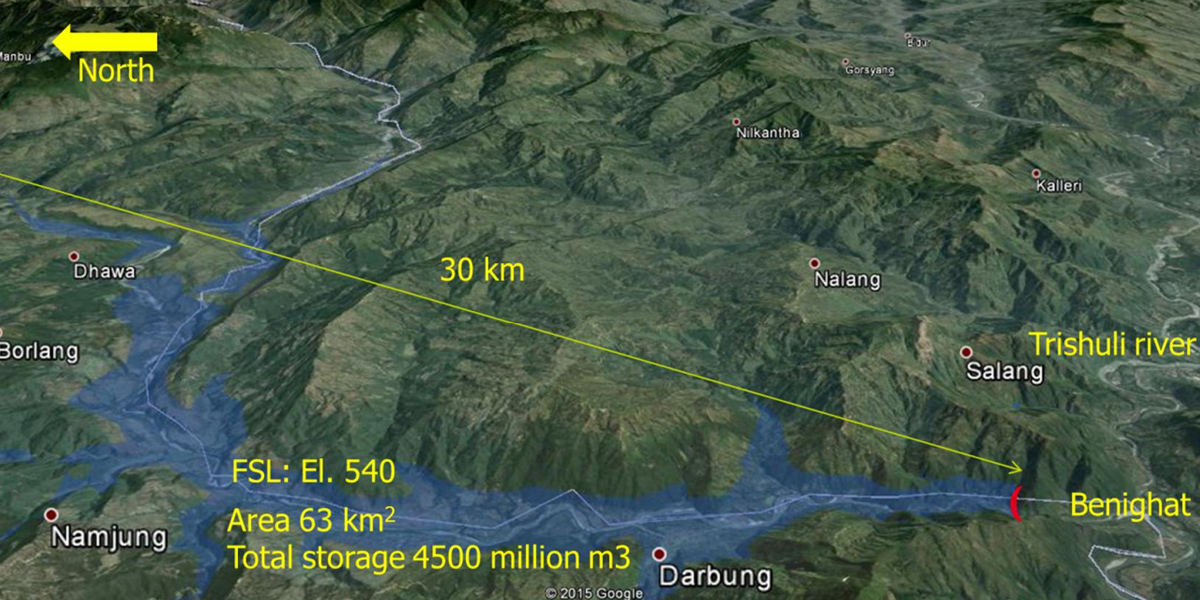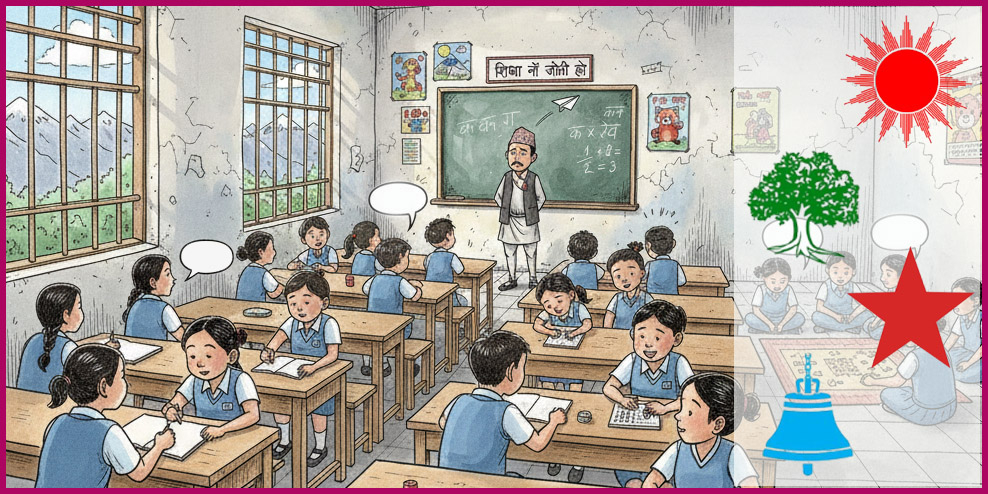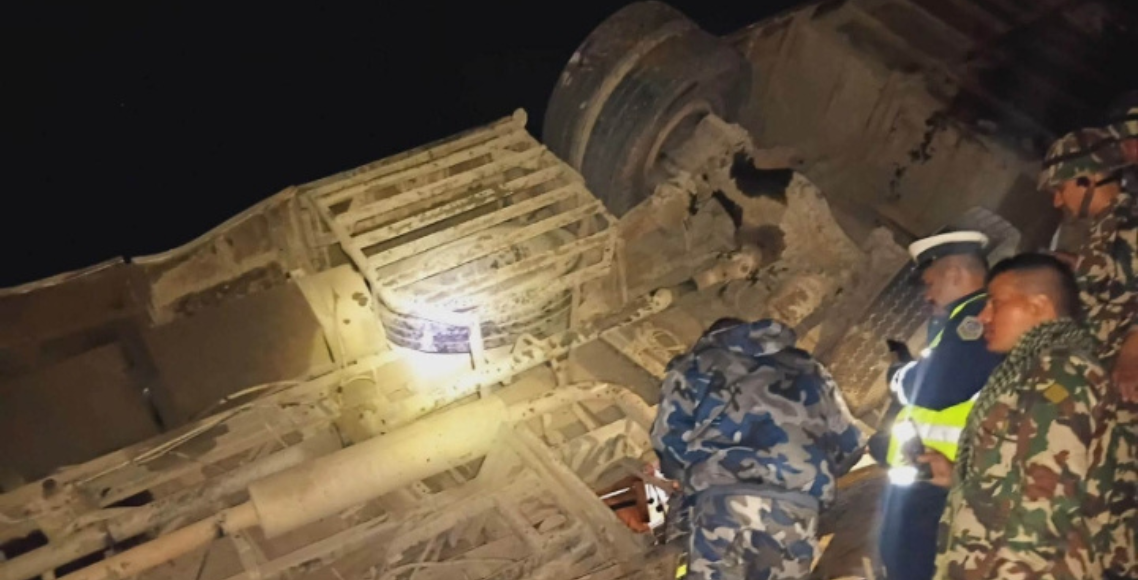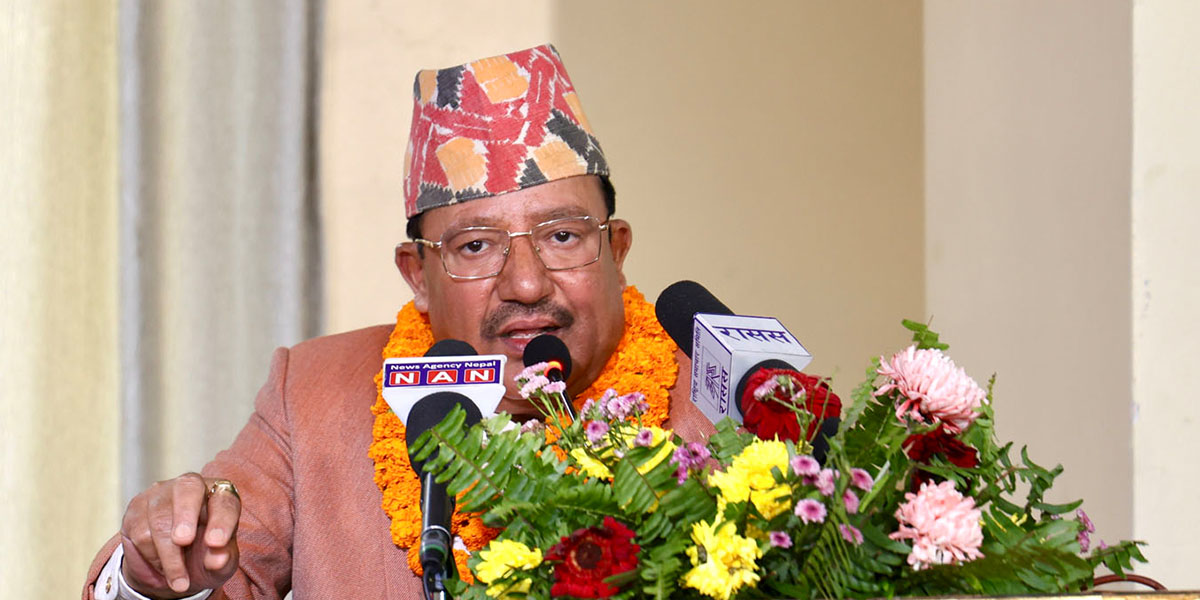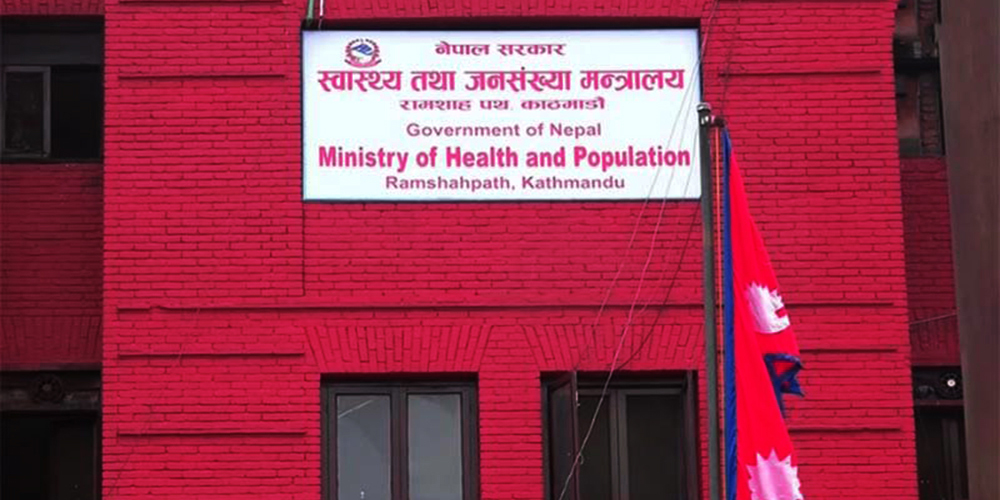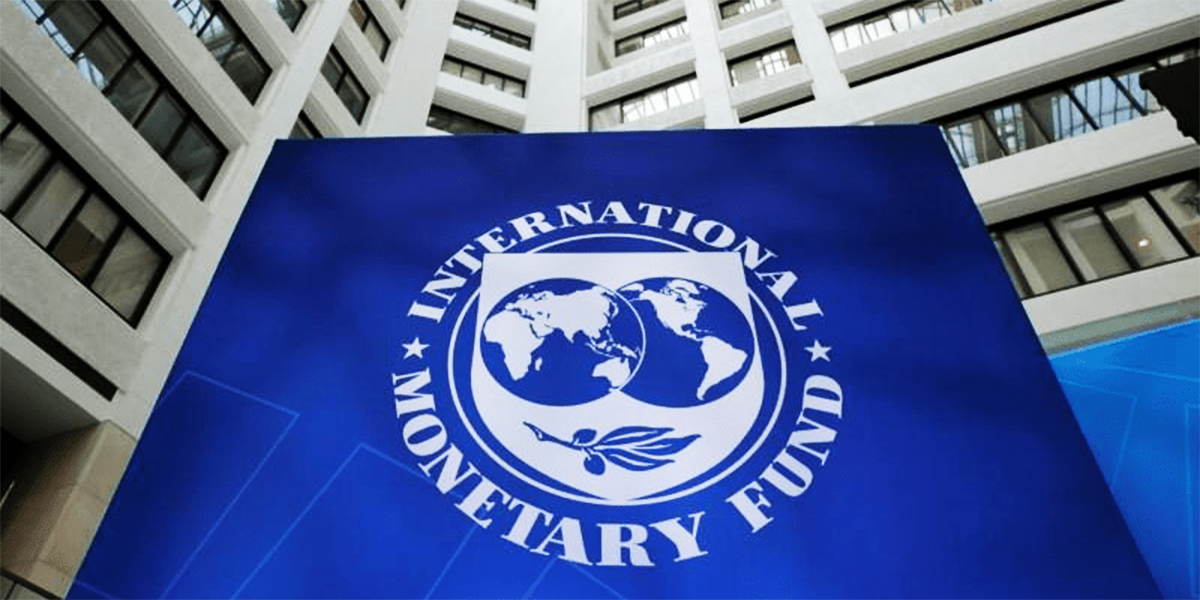
KATHMANDU: International Monetary Fund (IMF) and the Nepali authorities have reached staff-level agreement on the policies needed to complete the combined first and second reviews of the extended credit facility (ECF) arrangement.
Nepal would have access to about US$52 million in financing once the review is formally approved by the executive board, the IMF siad in a statement.
An IMF team led by Jarkko Turunen visited Kathmandu on February 15-28 and held discussions with a broad range of stakeholders in the context of the 2023 Article IV consultation and the combined first and second reviews of Nepal’s economic programs supported by the IMF’s ECF.
“The Nepali authorities and IMF staff conducted discussions for the 2023 Article IV consultations and reached staff-level agreement on the policies and reforms needed to complete the combined first and second reviews under the ECF. The agreement is subject to approval by the Executive Board,” the statement added.
Once the agreement is approved by the IMF’s executive committee, IMF will provide $52.2 million to Nepal, bringing total disbursements under the ECF thus far to about $156.6million.
According to the statement, Nepal continued to make progress with the implementation of the ECF-supported program despite a challenging global and domestic environment last year.
Some of the programs that IMF cited in its statement include the external audit of the Nepal Rastra Bank, publication of reports on both COVID-related spending and custom exemptions to enhance transparency, drafting of amendments to bank asset classification regulations, and strengthening bank supervision by launching the donor-supported Supervision Information System.
“The Nepali authorities have taken decisive actions to maintain a stable macroeconomic environment. The much-needed monetary policy tightening last year, together with the gradual unwinding of COVID support measures, helped moderate credit growth and contributed to the moderation of inflation stemming from the global commodity price shock caused by the Ukraine war,” the IMF said in the statement.

 Himal Press
Himal Press 